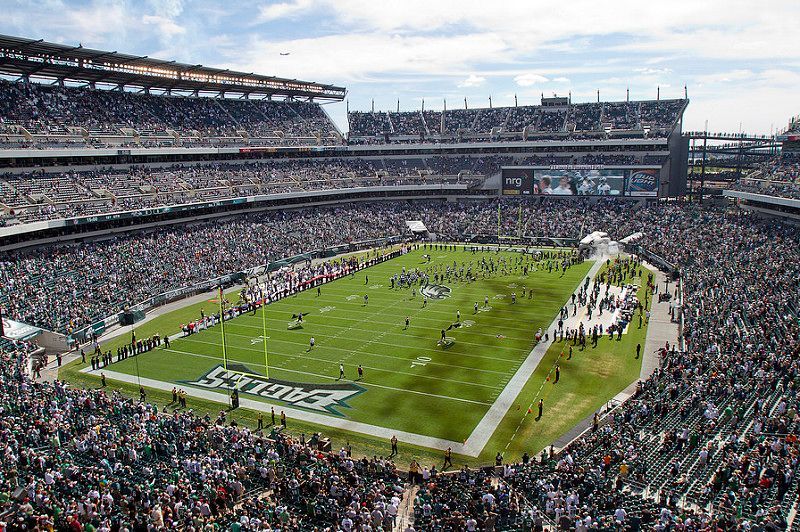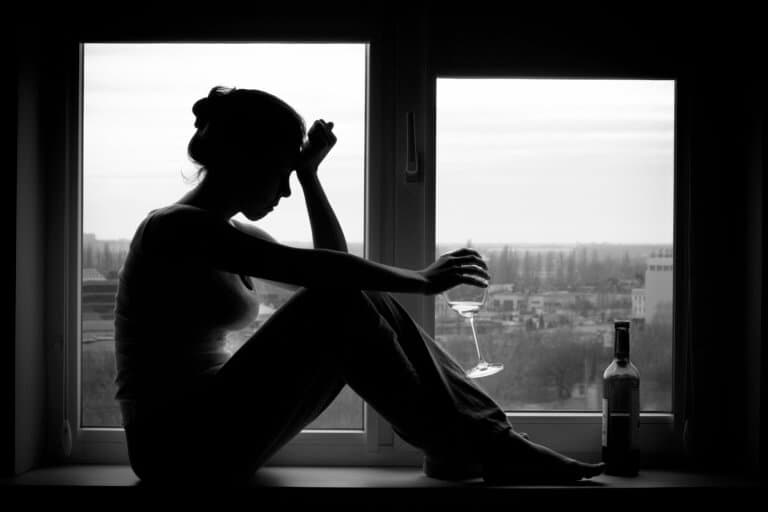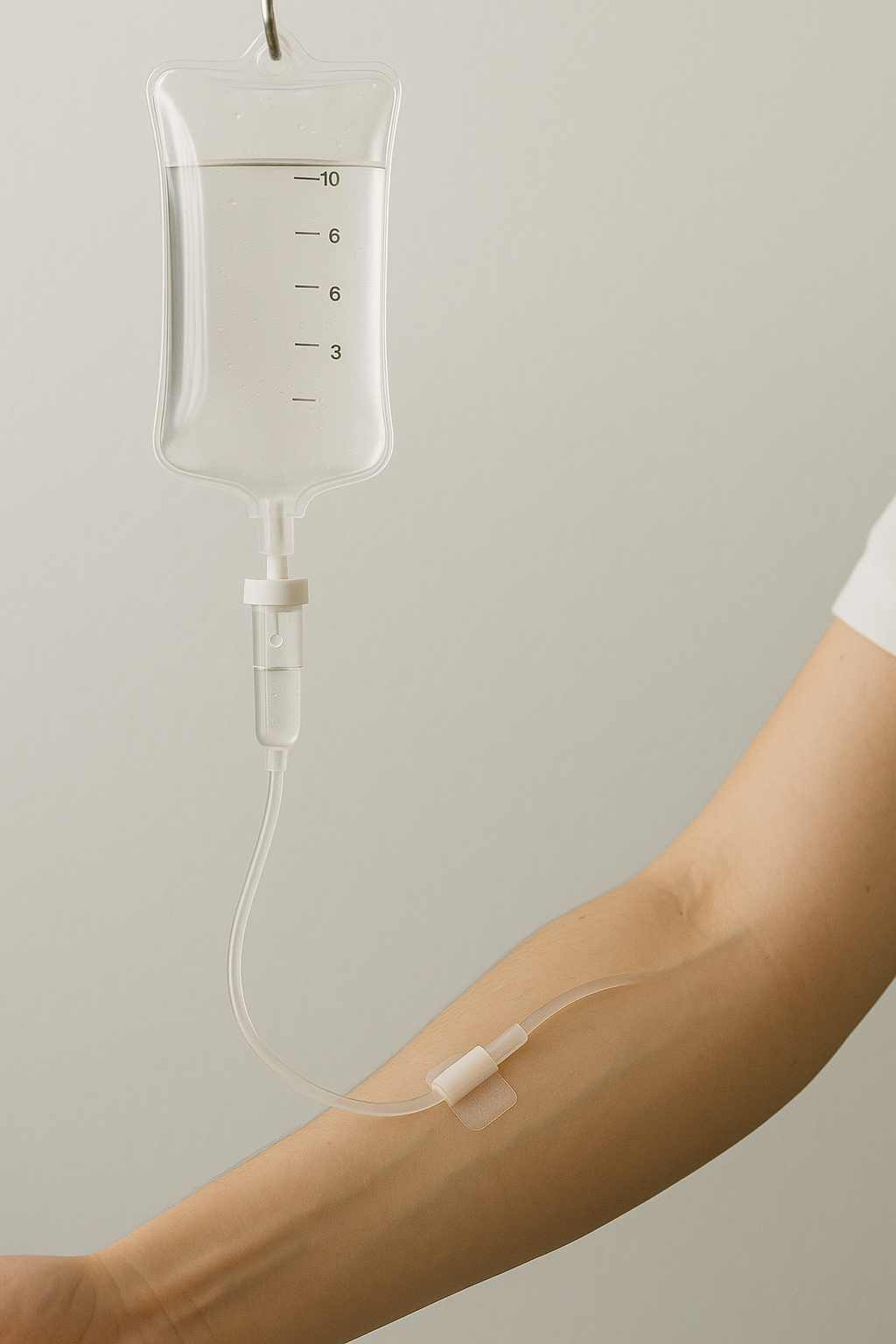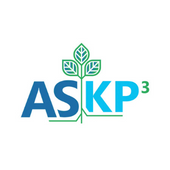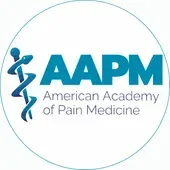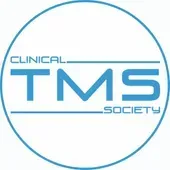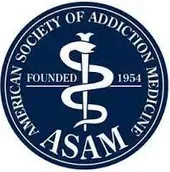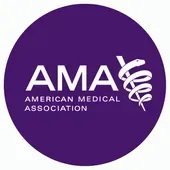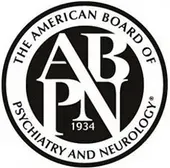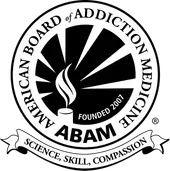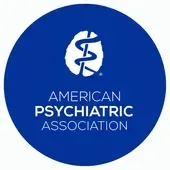Treating Addiction and Anxiety Disorders
Wave Treatment Centers
What are the Symptoms of Anxiety Disorders?
There are five primary types of anxiety disorders, all of which have their own set of symptoms that define them. They include generalized anxiety disorder, obsessive-compulsive disorder, panic disorder, social phobia, and post-traumatic stress disorder. Generally speaking, all anxiety disorders can produce symptoms that are shared across the different types. These symptoms can include, but are not limited to, the following:
- Irritability
- Excessive worrying
- Gastrointestinal problems
- Problems concentrating
- Difficulty falling asleep and/or staying asleep
- Muscle tension
- Feeling on-edge
These are just some common symptoms of anxiety disorders. Depending on the type of anxiety disorder a person has, they may experience additional symptoms like shortness of breath, dizziness, fear of losing control, fear of imminent death, and hypervigilance. All symptoms associated with anxiety disorders can make daily life extremely stressful and overwhelming, wearing down at one’s overall resolve. This is where addiction and anxiety disorders often merge.
Why are Addiction and Anxiety Disorders Linked?
Anxiety disorders, especially those that go untreated, can be absolutely life-changing – and in a number of negative ways. It is common for people with anxiety disorders to find themselves isolating from others, no longer participating in things that make them happy, feeling a constant sense of worry and fear, and neglecting their needs when it comes to their mental, physical, and emotional health. Anxiety disorders can make people feel like they are someone that they aren’t, which can be extremely distressing. When the pressures associated with anxiety disorders overflow, some individuals turn to the use of drugs and alcohol for a number of reasons.
Desire to Relax
Anxiety disorders often cause people to feel like there is always something in the background that is bothering or upsetting them. They may not feel fully settled or able to approach their days without feeling like they are carrying a burden of worry. Drinking alcohol or using drugs like marijuana can feel like an easy way to help reduce that overwhelming sense of worry, which is why many people are attracted to those substances. Many people may also engage in prescription drug abuse or illicit drug use to help them feel a sense of calm that they are unable to achieve on their own.
Wanting to Numb Emotions
Anxiety disorders can produce feelings such as anger, sadness, and confusion, among many other distressing emotions that remain constant in one’s everyday life. These emotions can be extremely overwhelming and difficult to manage on a regular basis. Even though it is well-known that abusing drugs and alcohol can be dangerous and potentially fatal, those who are constantly dealing with anxiety may find themselves caring less about the risks and more about making their upsetting emotions go away.
Reducing Feelings of Anxiety in Social Situations
Many people who deal with an anxiety disorder find that being in social situations triggers their anxiety even more. This is incredibly common, but also incredibly problematic. The anticipation of a social situation as well as actually being involved in a social situation can make one’s anxiety flare significantly. When these feelings of anxiety develop, individuals may turn to the use of drugs or alcohol to “loosen up” when around others.
Can Addiction Make an Anxiety Disorder Worse?
Even though individuals may look to drugs or alcohol to help mask their symptoms of anxiety, they are often only making the situation much worse. Of course, there may be a couple of moments of relief provided when abusing drugs and alcohol, but they are few and far between in comparison to the negative consequences drugs and alcohol can produce. This is especially true for those who have an anxiety disorder, as mind-altering substances impact the function of the brain, which is already at a disadvantage due to the presence of the anxiety disorder.
So, how does addiction make anxiety disorders worse? For starters, many substances actually produce symptoms related to anxiety. Alcohol, opioids, and stimulants are some substances that when abused, create feelings of anxiety especially when the high is wearing off. This occurs because the body and brain are working to readjust to functioning without the substance in the body anymore, which can trigger anxiety-related symptoms. The regular abuse of drugs or alcohol can make this a cyclical pattern that only worsens the anxiety.
Additionally, abusing drugs and alcohol to the point where addiction is occurring keeps individuals from obtaining the treatment they need in order to manage their anxiety disorder symptoms. Addiction and anxiety disorders do not mix well in this case, as both conditions go ignored and worsen as time passes. Thankfully, there is treatment available for those who are experiencing this type of challenge.
Treatment for Anxiety Disorders
When someone has an addiction and an anxiety disorder, this condition is clinically referred to as a dual diagnosis. Treating a dual diagnosis is possible, even if it can be a bit tricky at times. At Wave Treatment Centers, we offer a number of services designed specifically to help address the issues produced by this type of dual diagnosis. We offer ketamine-assisted therapy, medication-assisted therapy, psychotherapy, and psychiatry services, as well as transcranial magnetic stimulation, or TMS. TMS is one of the top services we provide, as it has proven to help reduce symptoms related to anxiety significantly.
Dual Diagnosis Treatment in Chestnut Hill, PA
If you are dealing with addiction and an anxiety disorder, call us or visit our contact form to learn more about the programming that we can offer you. Our services may be exactly what you need to overcome the challenges you are currently facing.
The post Treating Addiction and Anxiety Disorders appeared first on WAVE Mental Health Treatment Centers.
Schedule Your Consultation
Chestnut BLOG Form Submission
